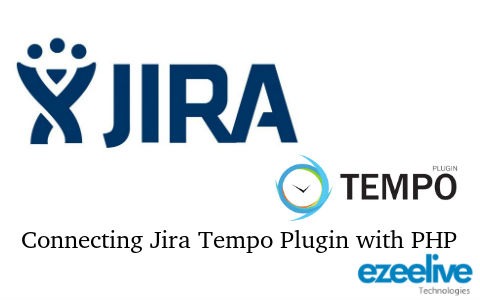Why Core PHP and Frameworks Are the Best Choice for Web Application Development?
1. Flexibility and Customization
- Core PHP offers complete control over the code, enabling developers to build fully customized web applications without unnecessary dependencies.
- Frameworks like Laravel, CodeIgniter, and Symfony provide structured development while maintaining flexibility.
2. Scalability and Performance
- Core PHP ensures lightweight and high-speed execution as there’s no extra overhead from third-party dependencies.
- PHP frameworks offer built-in caching, routing, and database abstraction for handling large-scale applications efficiently.
3. Security and Stability
- PHP frameworks provide built-in security features such as SQL injection prevention, CSRF protection, and input validation.
- Core PHP allows for manual security implementations, giving developers full control over protection mechanisms.
4. Cost-Effective Development
- PHP is open-source, meaning zero licensing costs for businesses.
- A vast developer community ensures affordable resources and ongoing support.
5. Faster Development with Frameworks
- Frameworks offer pre-built components, libraries, and MVC architecture, reducing development time.
- Features like ORM (Object-Relational Mapping), routing, authentication, and templating engines simplify complex tasks.
6. Wide Hosting Compatibility
- PHP applications run smoothly on most web servers (Apache, Nginx, IIS) and are supported by shared, cloud, and VPS hosting providers.
- Frameworks are optimized for modern cloud-based architectures like AWS, Google Cloud, and Azure.
7. Large Community and Continuous Support
- PHP has a vast global developer community, ensuring regular updates, bug fixes, and long-term stability.
- Popular frameworks like Laravel, Symfony, and CodeIgniter have active forums, tutorials, and support resources.
8. Seamless Integration
- PHP and its frameworks integrate easily with MySQL, PostgreSQL, MongoDB, and third-party APIs.
- Works well with payment gateways, CRM systems, CMS platforms (WordPress, Joomla), and third-party services.










